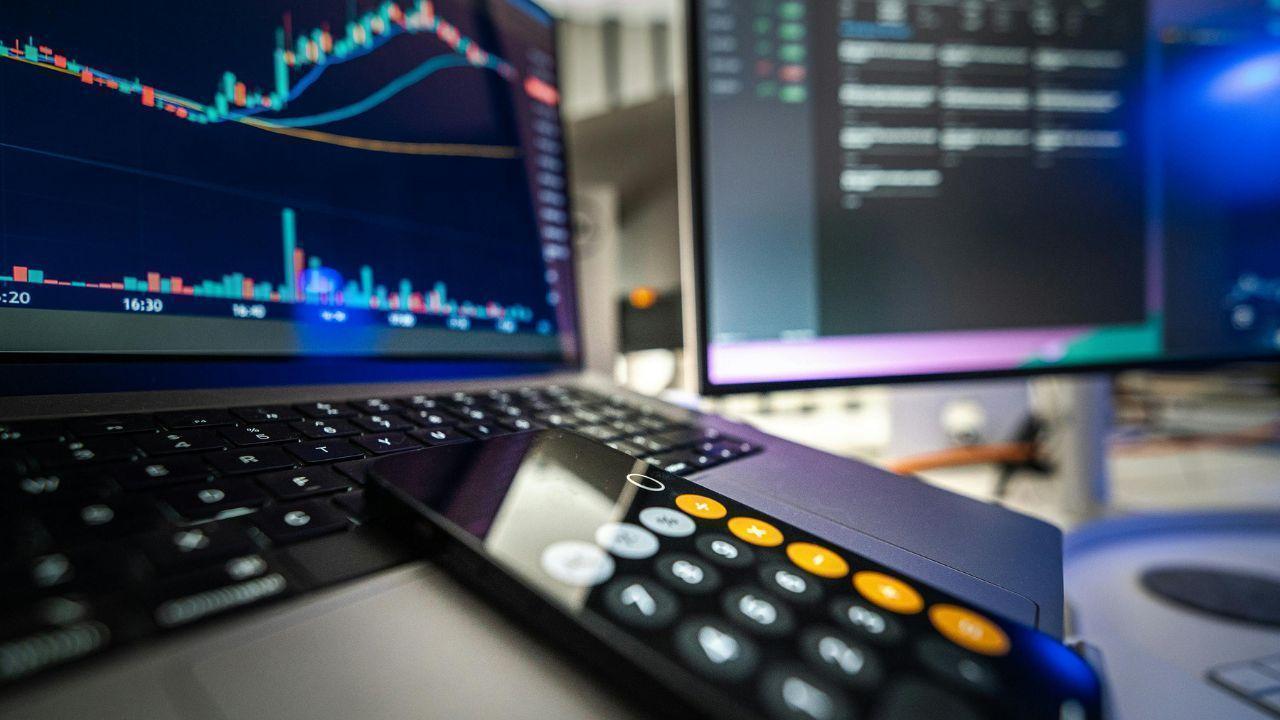
Post by : Vansh Kumar
In today’s rapidly evolving world, understanding the forces shaping the economy goes far beyond analyzing raw statistics. Policies and technology are playing increasingly critical roles in driving economic change, influencing growth, innovation, and global competitiveness. From government regulations to digital transformations, the modern economy is being reshaped in ways that affect businesses, consumers, and policymakers alike. Exploring the intersection of these factors reveals how nations and companies can navigate challenges and capitalize on emerging opportunities.
Economic policies have always been a cornerstone of financial stability and growth. Tax structures, trade agreements, monetary regulations, and labor laws guide the behavior of businesses and consumers, shaping markets and investment patterns. However, in the modern era, policies extend beyond traditional regulations—they actively drive innovation and competitiveness.
For example, governments that promote research and development through subsidies and grants encourage technological advancements. Policies supporting renewable energy, infrastructure investment, and digital literacy not only stimulate economic activity but also enhance long-term sustainability. By creating frameworks that incentivize growth while ensuring social and environmental responsibility, policymakers play a pivotal role in redefining how the economy functions.
Technology has emerged as a transformative force that amplifies the effects of sound policy. Artificial intelligence (AI), machine learning, blockchain, and cloud computing are reshaping industries by improving efficiency, reducing costs, and creating new business models. These innovations allow companies to operate globally, optimize supply chains, and deliver personalized services to consumers.
Digital technologies also provide critical insights for decision-making. Data analytics enables businesses to understand market trends, consumer behavior, and financial risks. In turn, this allows policymakers to make informed decisions that align with economic realities, fostering a cycle where technology and policy reinforce each other in driving growth.
One of the most significant ways policies influence the economy is through trade. International trade agreements, tariffs, and regulatory frameworks determine how goods, services, and capital flow across borders. Effective trade policies enhance access to global markets, stimulate competition, and encourage innovation, leading to more dynamic and resilient economies.
Global markets are interconnected, meaning that a policy decision in one country can ripple worldwide. For instance, trade incentives in emerging economies can attract foreign direct investment, fostering industrial growth and job creation. Conversely, restrictive trade policies or geopolitical tensions can disrupt supply chains and slow economic progress. Understanding these dynamics is critical for businesses and investors navigating an increasingly globalized economy.
Beyond traditional sectors, digital transformation is redefining the way economies operate. E-commerce, digital banking, telemedicine, and smart manufacturing are just a few examples of technology-driven innovations impacting growth. Companies that embrace digital tools gain a competitive edge by improving efficiency, enhancing customer experience, and reaching new markets.
Digital technologies also enable greater financial inclusion. Mobile banking and fintech solutions provide access to credit and investment opportunities for populations that were previously underserved. By leveraging technology in inclusive ways, economies can expand participation, reduce inequality, and unlock new sources of growth.
Policy and innovation are deeply intertwined. Governments that actively support research and entrepreneurship create fertile environments for economic transformation. Tax incentives, innovation grants, and intellectual property protections encourage businesses to invest in new technologies and solutions.
Moreover, policy frameworks that foster collaboration between public and private sectors accelerate the development of critical infrastructure, such as digital networks, renewable energy grids, and smart cities. These initiatives not only enhance productivity but also position nations to compete effectively in the global economy.
Despite the opportunities, the convergence of policies and technology also presents challenges. Rapid technological adoption can exacerbate inequalities if access to digital tools and education is uneven. Cybersecurity threats, data privacy concerns, and regulatory gaps pose risks to businesses and consumers alike.
Additionally, policies must evolve to keep pace with technological innovation. Outdated regulations can stifle growth, while overly restrictive measures may limit innovation. Striking a balance between encouraging technological advancement and protecting societal interests is essential for sustainable economic growth.
Artificial intelligence (AI) exemplifies how technology can revolutionize the economy. From predictive analytics in finance to automation in manufacturing, AI enhances decision-making, reduces operational costs, and opens new revenue streams. Businesses using AI can anticipate market shifts, optimize production, and personalize customer interactions, thereby driving growth and competitiveness.
AI also influences policy decisions. Governments are using AI to analyze economic data, forecast trends, and assess the potential impact of regulations. By integrating AI into both business operations and policymaking, economies can respond more quickly to challenges and capitalize on emerging opportunities.
In addition to innovation, sustainability has become a critical factor in shaping modern economies. Policies encouraging renewable energy, carbon reduction, and ethical business practices drive long-term growth while protecting the environment. Companies adopting sustainable practices benefit from reduced operational risks, improved brand reputation, and access to socially conscious investors.
Technology supports these efforts by enabling data-driven monitoring of resource usage, emissions, and supply chains. By combining sustainable policies with technological innovation, economies can achieve a balance between growth and environmental responsibility, ensuring prosperity for future generations.
The content in this article is intended for informational and educational purposes only. While every effort has been made to ensure accuracy, economic conditions, market trends, and technological developments are constantly evolving. Readers are encouraged to conduct their own research and consult professional advisors before making financial, business, or investment decisions. GCC news network is not responsible for any outcomes resulting from the use of this content.
#trending #latest #EconomicPolicy #DigitalEconomy #TechInFinance #EconomicGrowth #InnovationAndPolicy #GlobalMarkets #FutureOfEconomy #EconomicTransformation #PolicyAndTechnology #ModernEconomy #GCCNews #GCCUpdates #GCCTech #GCCInnovation #ArabWorldNews #GCCTrends #DigitalGCC #GCCBusiness #GCCFuture #GCCTechnology #GCCInsights

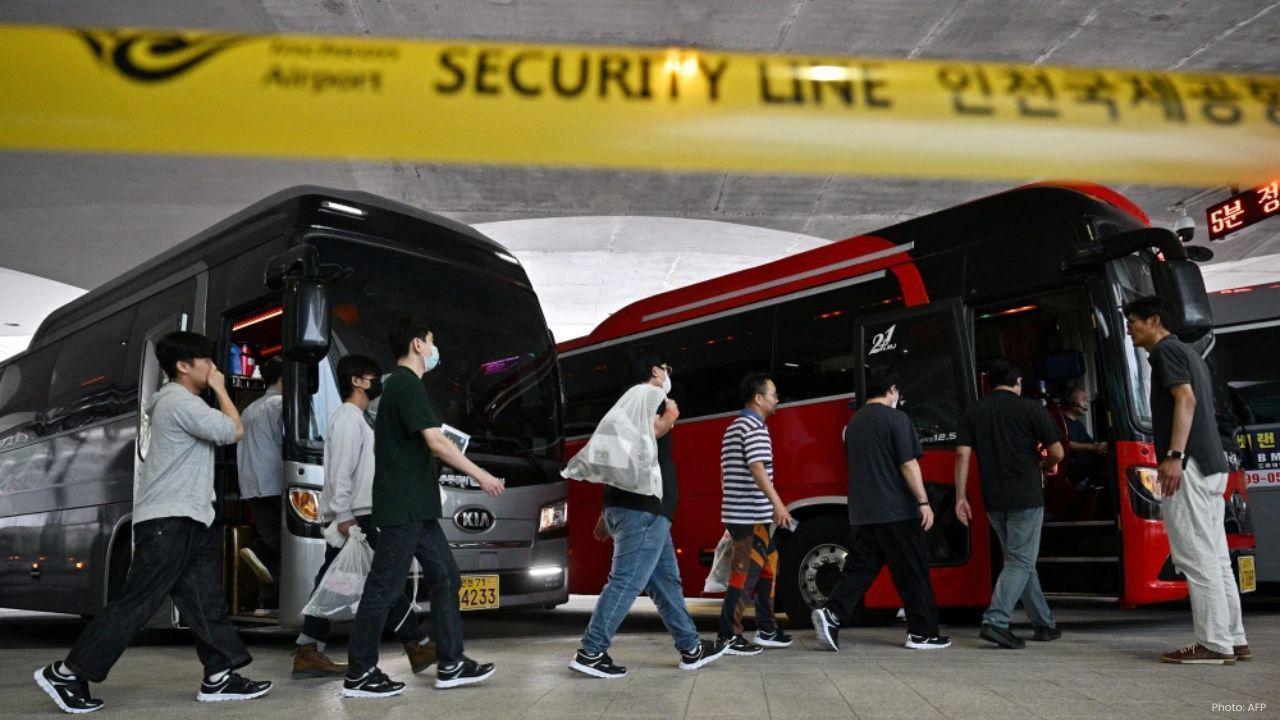


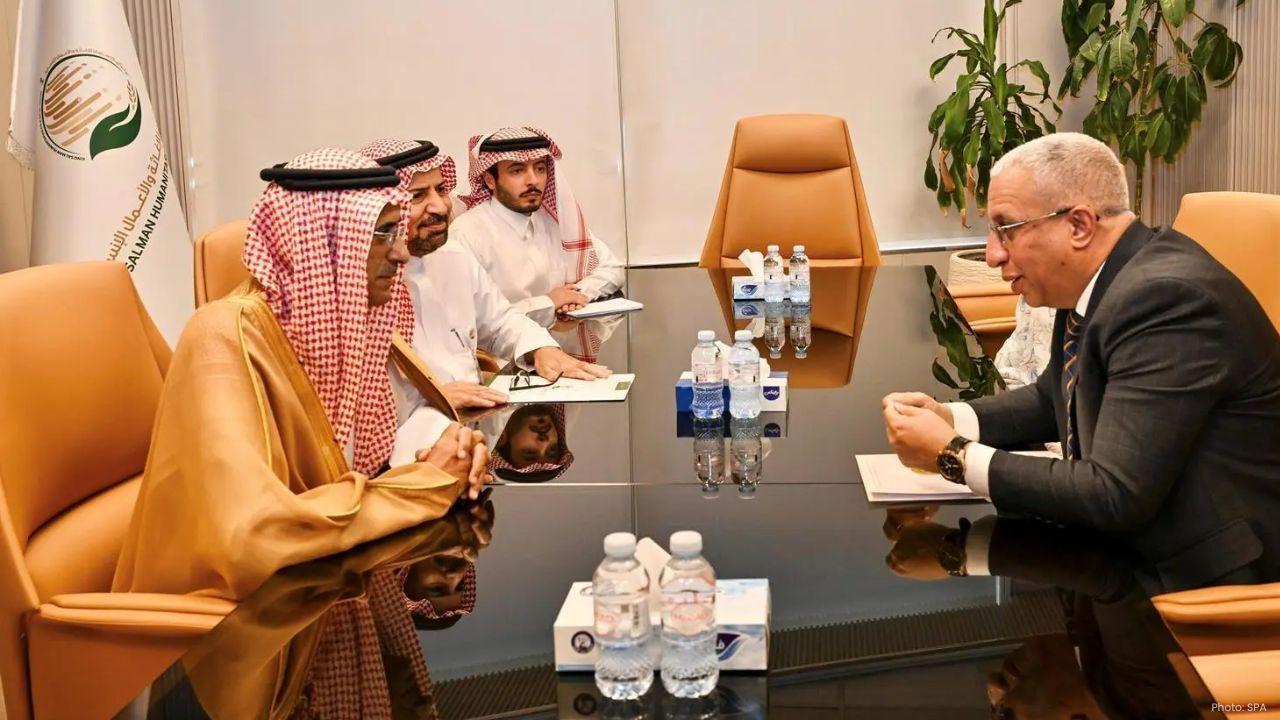

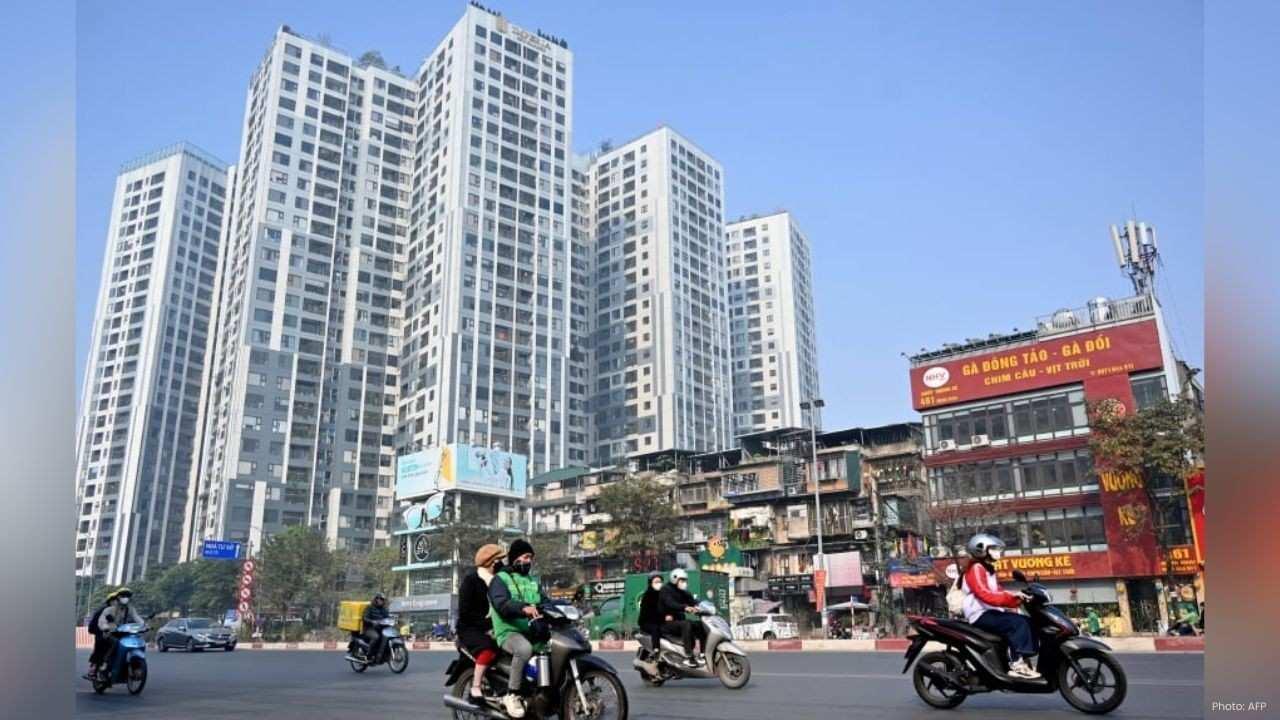
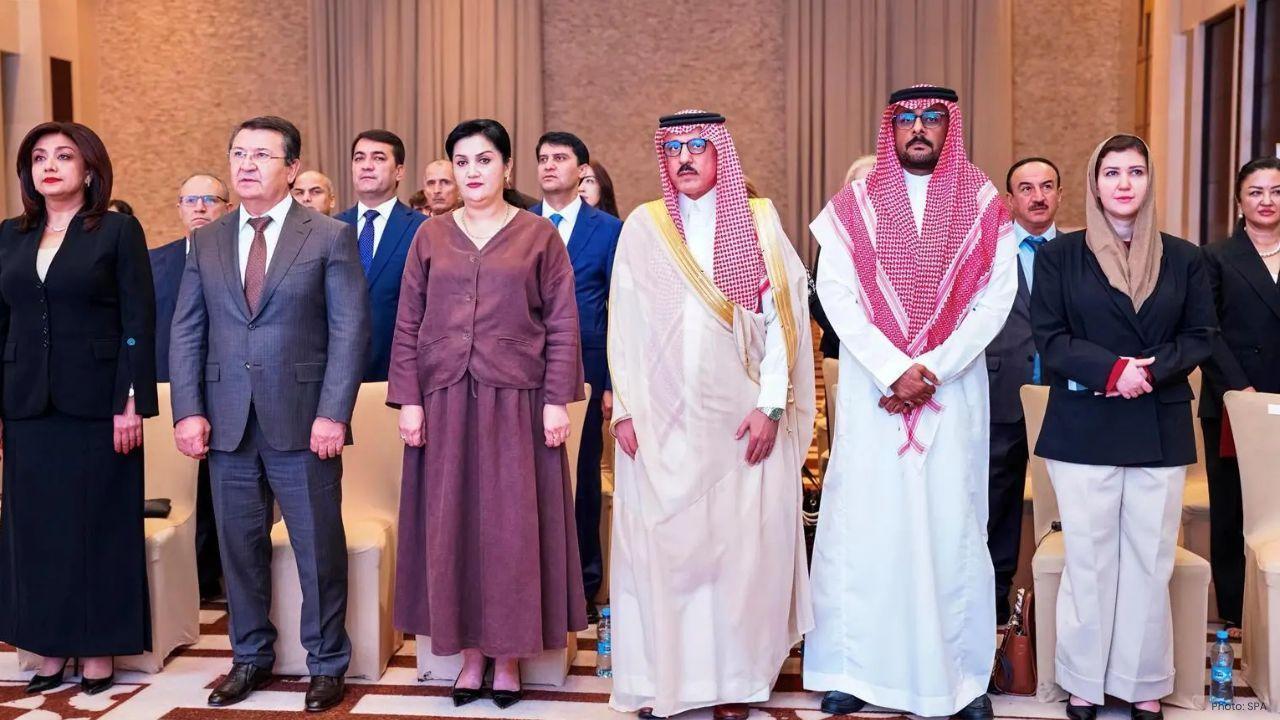
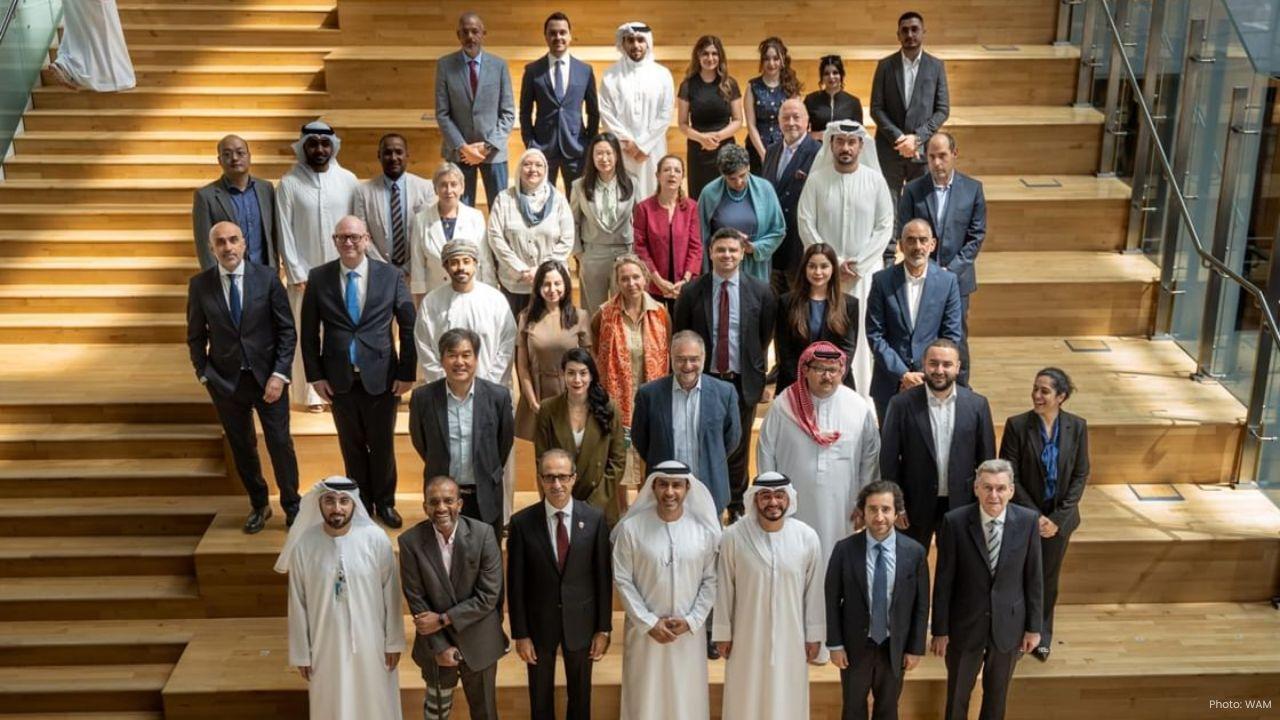

South Korean Workers Return After US Immigration Raid Shock
A plane brought back 300 South Koreans after a US raid. Seoul now seeks new visa rules to protect wo

Microsoft And OpenAI Sign New Deal To Shape Future Partnership
Microsoft and OpenAI sign a new deal to reshape their partnership, supporting OpenAI’s move toward a
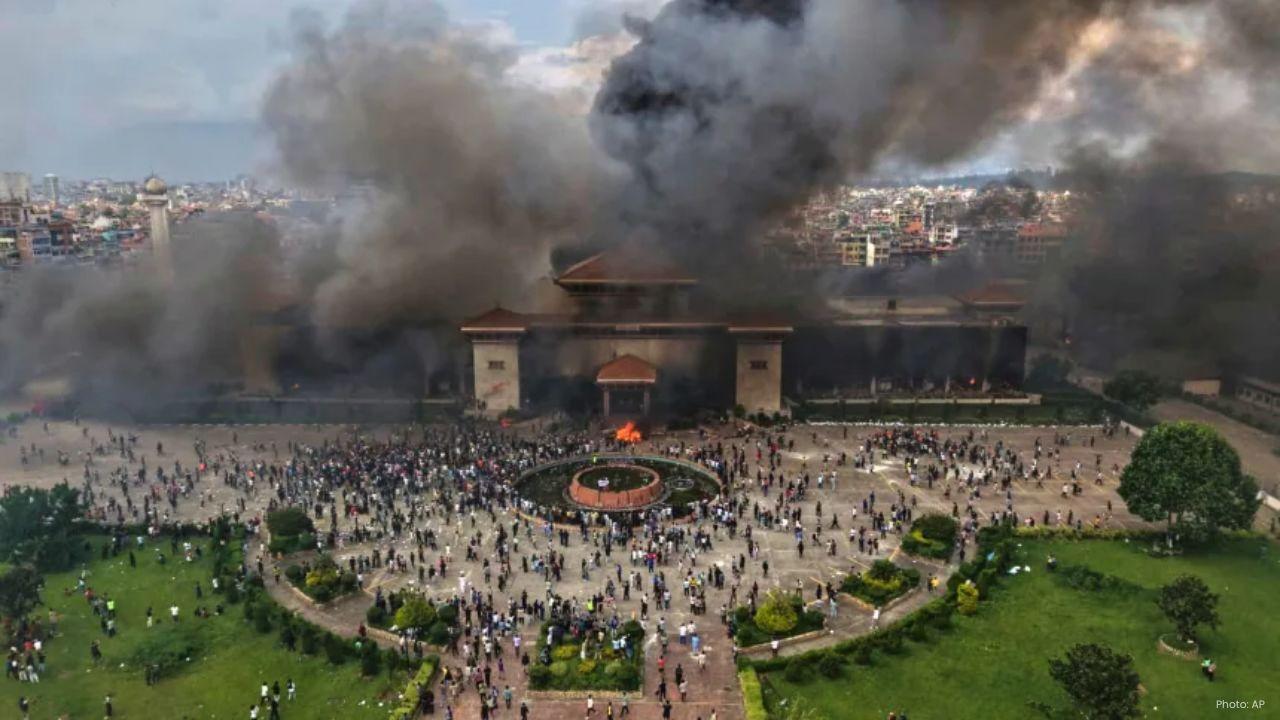
Nepal Gen Z Protests Burn Parliament And Luxury Hotels In Chaos
Massive Gen Z protests in Nepal target elites’ wealth, burning parliament and top hotels, causing de

ITF Appoints Tie Break Tens As Official Partner For Junior Tennis
The ITF has named Tie Break Tens its official partner, integrating the 10-point tiebreak format into

Charlie Kirk Shot Dead In Utah, Police Seek Help To Find Killer
Right-wing activist Charlie Kirk was shot dead at Utah Valley University. Police seek public help as
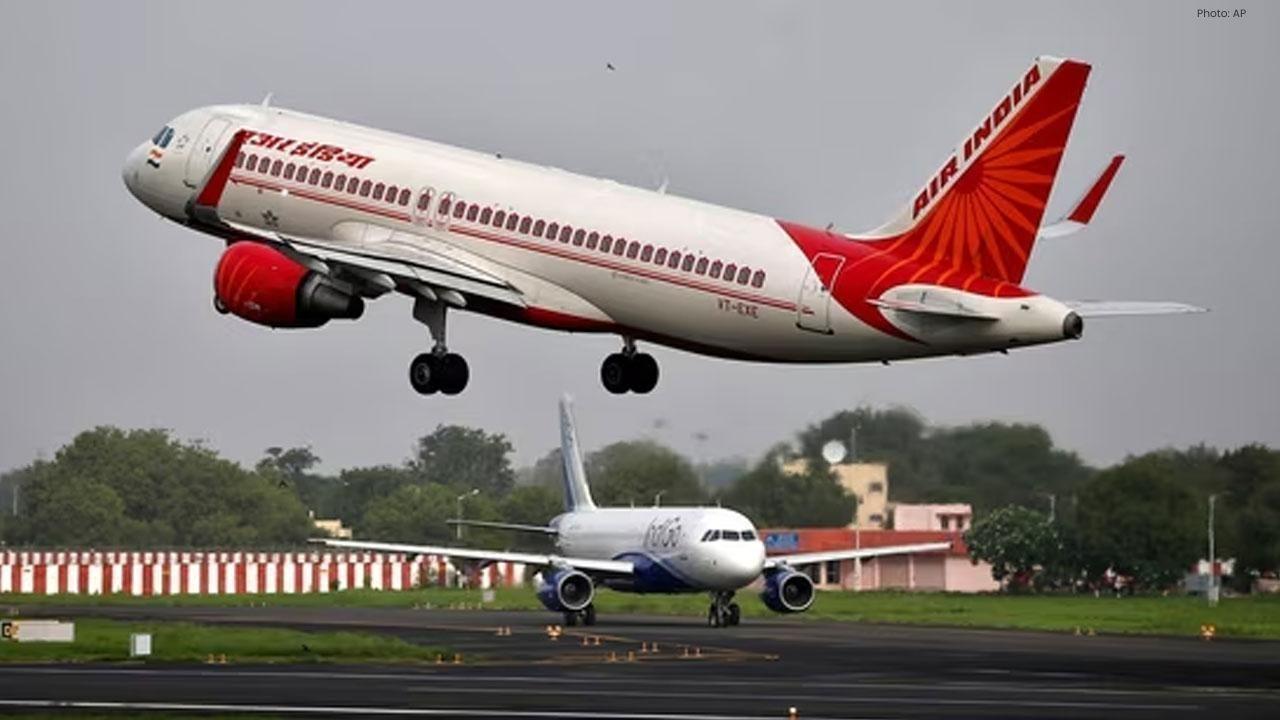
Indian Airlines Resume Flights to Kathmandu After Nepal Unrest Ends
Indian airlines resume normal flights to Kathmandu as Tribhuvan Airport reopens, helping stranded pa